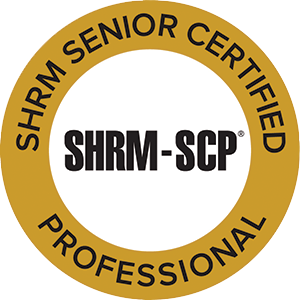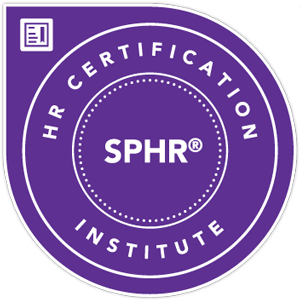At some point in your career, whether on your first day of “real” work, when you’ve received a promotion to a leadership role, or even in your day-to-day, its likely that you’ve experienced imposter syndrome. The crippling voice in the back of your head whispering “You don’t belong here”, “They’re going to find out that you aren’t good enough for this”, “You’re a fraud”.
Imposter syndrome is a natural human condition, and it’s important to recognize that everyone (yes, everyone!) experiences it at some point in their life. However, it is possible to minimize the effects of imposter syndrome. Read on to learn about the strategies you can implement to abolish your insecurities and set yourself on the pathway to confidence.
Recognize you aren’t alone
First and foremost, understand that everyone struggles with imposter syndrome at some point in their lives. In a study recorded in the International Journal of Behavioral Science, an estimated 70% of people experience imposter syndrome, and it affects men and women equally.
Even more difficult today is that individuals must face imposter syndrome in the age of social media. In an article by Forbes, we are reminded that social media, including professional platforms like LinkedIn, sets our expectations on unattainable goals, because chances are, those successes aren’t completely accurate and you aren’t seeing the full picture.
Let the perfectionism go
You are going to utterly fail so many times. And guess what? It’s going to be okay and you’re going to move on. Absolutely no one is perfect, and some of the most successful people failed miserably at different points in their careers. In fact, its rumored that the legendary inventor, Thomas Edison, made over 1,000 unsuccessful attempts to create a lightbulb. One thousand. Yet he still did it.
Let go of the idea that you have to do everything correctly and on the first try. It’s okay to make mistakes. What matters is how you handle it and move forward.
Recognize your own successes
When you get in your head about feeling unworthy, take a moment to write down all the positive contributions you’ve made. It’s really hard to argue with factual evidence. If you begin feeling unworthy of your new leadership role, start listing off everything you’ve done that led you to earn that promotion. Did you spend years on your education? Did you receive glowing remarks during your reviews? What skills are you capable of? Make a written list of everything that you can and have offered. There was no mistake, you are where you are for a reason.
Imposter syndrome is real. But the stories you are telling yourself aren’t. It affects us all, but you ultimately choose if you are going to put them into perspective.
____________
About Debi
Debi is a coach to high performers, leaders and business owners wanting to achieve more and grow beyond what they believe is possible. Known for her clarifying insight and a pragmatic approach, Debi brings her clients to the next step by asking the right questions during strategy development and supporting them during strategy implementation. With experience in management, recruitment and employee development for various industries, she has a wide scope of expertise and will confidently guide you towards a successful future in your career.
Ready to take your career to the next level?
Let’s chat. Schedule a call to discuss innovative solutions to your specific needs.





